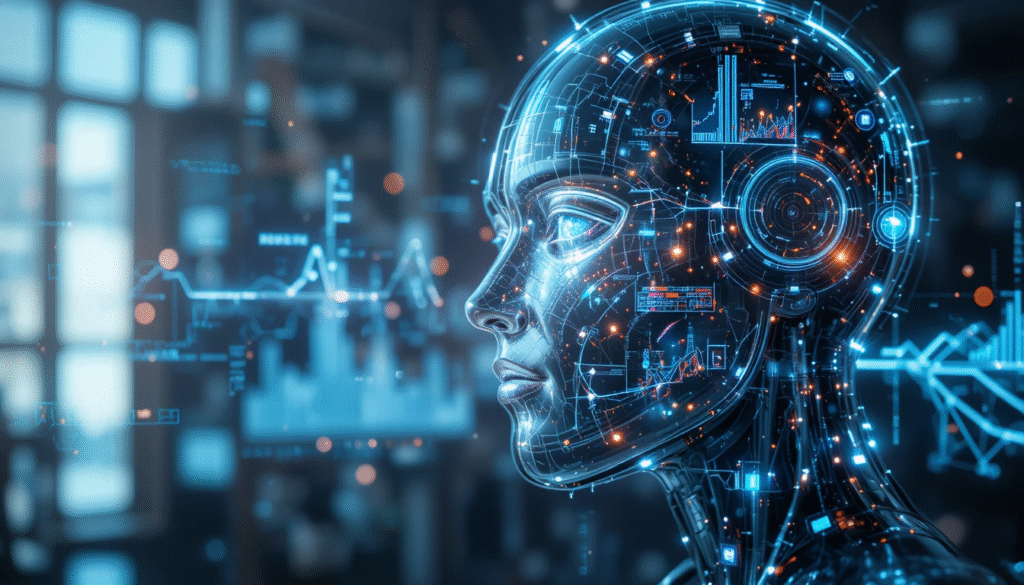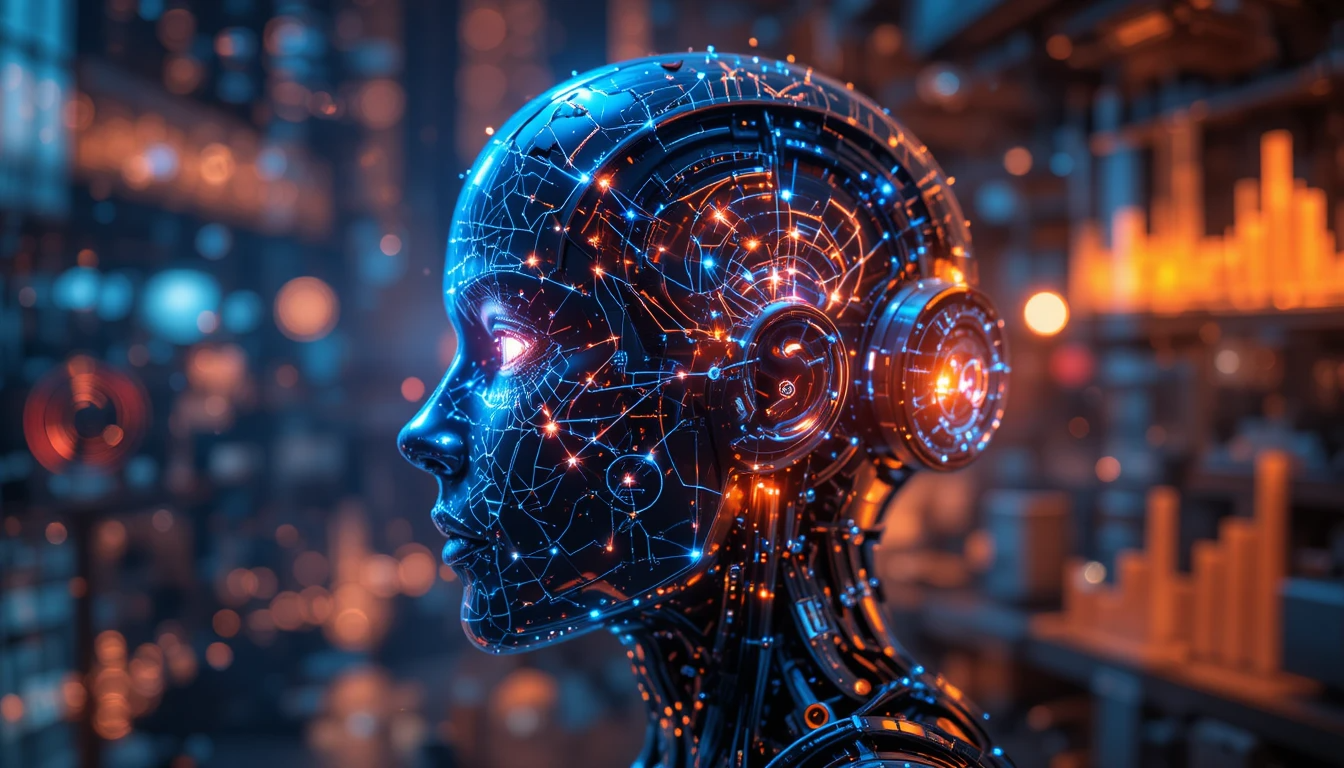Over the last year, I’ve been exploring how AI tools impact both work and personal life. I’ve tried AI-powered apps for writing, photo editing, and even fitness tracking. What surprised me most is how these technologies are not just futuristic ideas anymore—they’re part of our daily reality.
Artificial Intelligence has quickly evolved from being a niche technology to becoming one of the most transformative forces of our generation. In 2025, AI plays a central role in almost every industry. In healthcare, AI helps doctors analyze medical images faster and more accurately, allowing earlier diagnosis of diseases. In education, smart learning platforms adapt lessons to individual students, creating a more personalized experience that supports better results.
The business sector is also seeing major benefits. Companies use AI-powered analytics to predict market trends, manage supply chains, and offer highly personalized customer experiences. At the same time, creative industries are using AI to generate music, design, and even films, opening new possibilities for artists and content creators.

Despite the positive impact, there are also challenges that must be addressed. Questions about job automation, data privacy, and ethical responsibility are more relevant than ever. Experts agree that developing strong regulations and ethical guidelines is essential to ensure that AI grows in a way that benefits society as a whole.
What makes AI especially exciting is its ability to continuously learn and improve. Every year, algorithms become smarter, safer, and more capable. The future of AI is not just about machines replacing tasks—it’s about humans and AI working together to solve complex problems and unlock new opportunities.
Conclusion:
Artificial Intelligence is here to stay, and its influence will only expand in the coming years. Understanding both its opportunities and its challenges helps us prepare for a future where technology and humanity can thrive side by side.
